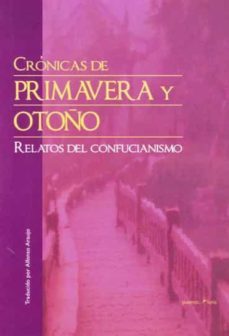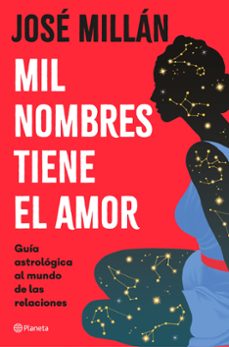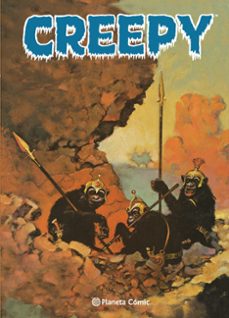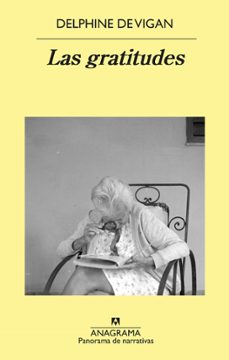📗 Libro en inglés RESPECT IN A WORLD OF INEQUALITY
NORTON (W.W.)- 9780393325379
Sinopsis de RESPECT IN A WORLD OF INEQUALITY
As various forms of social welfare were dismantled though the last decade of the twentieth century, many thinkers argued that human well-being was best served by a focus on potential, not need. Richard Sennett thinks differently. In this dazzling blend of personal memoir and reflective scholarship, he addresses need and social responsibility across the gulf of inequality. In the uncertain world of "flexible" social relationships, all are troubled by issues of respect: whether it is an employee stuck with insensitive management, a social worker trying to aid a resentful client, or a virtuoso artist and an accompanist aiming for a perfect duet. Opening with a memoir of growing up in Chicago''s infamous Cabrini Green housing project, Richard Sennett looks at three factors that undermine mutual respect: unequal ability, adult dependency, and degrading forms of compassion. In contrast to current welfare "reforms," Sennett proposes a welfare system based on respect for those in need. He explores how self-worth can be nurtured in an unequal society (for example, through dedication to craft); how self-esteem must be balanced with feeling for others; and how mutual respect can forge bonds across the divide of inequality. Where erasing inequality was once the goal of social radicals, Sennett seeks a more humane meritocracy: a society that, while accepting inequalities of talent, seeks to nurture the best in all its members and to connect them strongly to one another.
Ficha técnica
Editorial: Norton (W.w.)
ISBN: 9780393325379
Idioma: Inglés
Número de páginas: 288
Tiempo de lectura:
5h 55m
Encuadernación: Tapa blanda
Fecha de lanzamiento: 29/01/2004
Año de edición: 2004
Plaza de edición: London
Especificaciones del producto
Escrito por Richard Sennett

Richard Sennett (Chicago, 1943) va estudiar Sociologia a la Universitat de Chicago i a la de Harvard, on es va doctorar el 1969. De jove va iniciar una carrera musical notable com a violoncel·lista, vinculada a la Julliard School. El 1976 va fundar, amb Susan Sontag i Joseph Brodsky, el New York Institute for the Humanities a la Universitat de Nova York. Després d’haver ensenyat al MIT i al Trinity College de la Universitat de Cambridge, a partir dels anys noranta va alternar la docència entre la Universitat de Nova York, la London School of Economics i la Universitat de Harvard. Va ser un dels fundadors de Theatrum Mundi. The Fall of the Public Man (1977) i The Corrossion of Character (1998) han estat algunes de les seves obres més significatives. Posteriorment, entre altres llibres, va escriure la trilogia que ell anomena «Homo Faber»: The Craftsman (2008), Together: The Rituals, Pleasures, and Politics of Cooperation (2012) i Construir i habitar. Ètica per a la ciutat (2018), publicada a Arcàdia el 2019. També a Arcàdia, L’espai públic. Un sistema obert, un procés inacabat (2014).
Descubre más sobre Richard Sennett Recibe novedades de Richard Sennett directamente en tu email
Opiniones sobre RESPECT IN A WORLD OF INEQUALITY
¡Sólo por opinar entras en el sorteo mensual de tres tarjetas regalo valoradas en 20€*!































